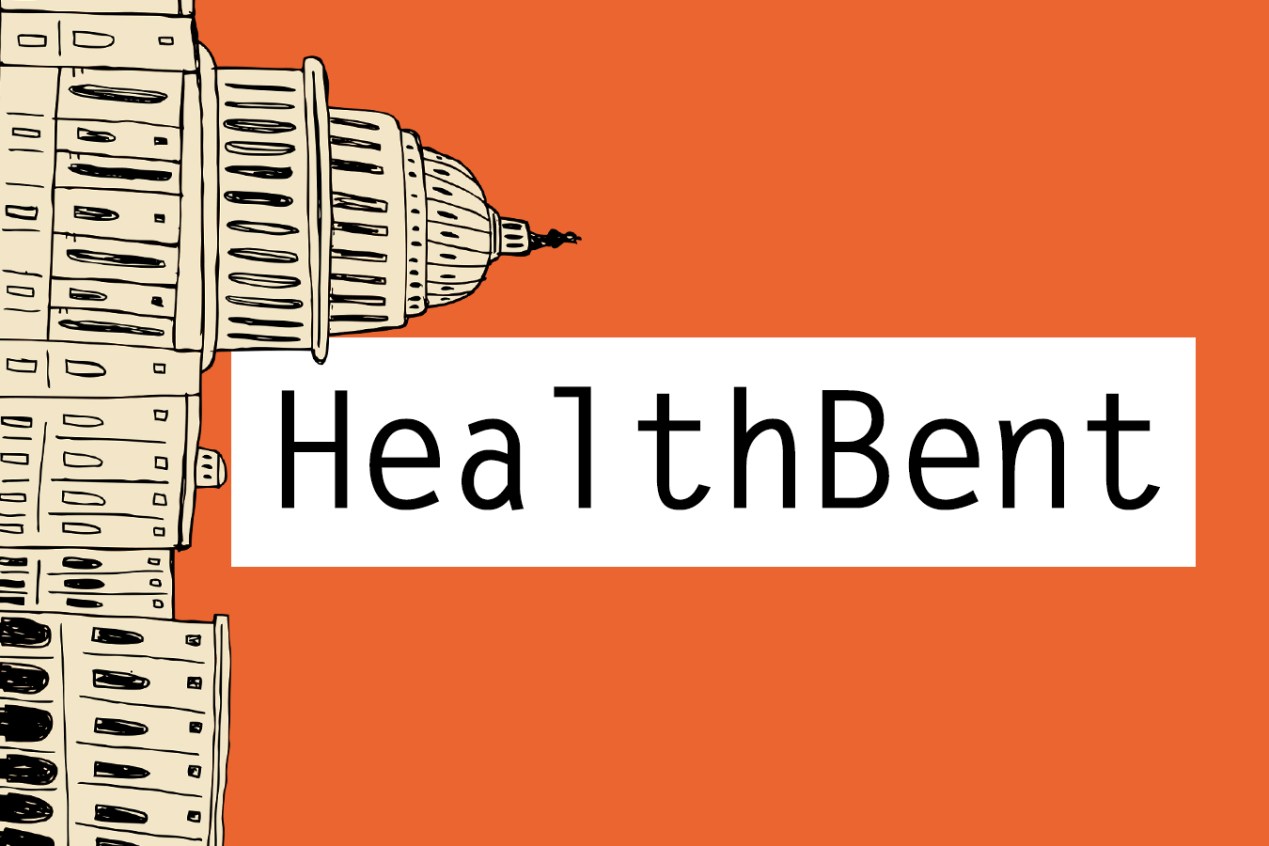The rush in conservative states to ban abortion after the overturn of Roe v. Wade is resulting in a startling consequence that abortion opponents may not have considered: fewer medical services available for all women living in those states.
Doctors are showing — through their words and actions — that they are reluctant to practice in places where making the best decision for a patient could result in huge fines or even a prison sentence. And when clinics that provide abortions close their doors, all the other services offered there also shut down, including regular exams, breast cancer screenings, and contraception.
The concern about repercussions for women’s health is being raised not just by abortion rights advocates. One recent warning comes from Jerome Adams, who served as surgeon general in the Trump administration.
In a in April, Adams wrote that “the tradeoff of a restricted access (and criminalizing doctors) only approach to decreasing abortions could end up being that you actually make pregnancy less safe for everyone, and increase infant and maternal mortality.”
An early indication of that impending medical “brain drain” came in February, when 76% of respondents in a said they would not even apply to work or train in states with abortion restrictions. “In other words,” wrote the study’s authors in , “many qualified candidates would no longer even consider working or training in more than half of U.S. states.”
Indeed, states with abortion bans saw a larger decline in medical school seniors applying for residency in 2023 compared with states without bans, according to a . While applications for OB-GYN residencies were down nationwide, the decrease in states with complete abortion bans was more than twice as large as those with no restrictions (10.5% vs. 5.2%).
That means fewer doctors to perform critical preventive care like Pap smears and screenings for sexually transmitted infections, which can lead to infertility.
Care for pregnant women specifically is at risk, as hospitals in rural areas close maternity wards because they can’t find enough professionals to staff them — a problem that predated the abortion ruling but has only gotten worse since.
In March, Bonner General Health, the only hospital in Sandpoint, Idaho, , in part because of “Idaho’s legal and political climate” that includes state legislators continuing to “introduce and pass bills that criminalize physicians for medical care nationally recognized as the standard of care.”
Heart-wrenching reporting from around the country shows that abortion bans are also imperiling the health of some patients who and . Earlier this year, with a nonviable fetus in Oklahoma was told to wait in the parking lot until she got sicker after being informed that doctors “can’t touch you unless you are crashing in front of us.”
A study by researchers from the State University of New York-Buffalo published in the Women’s Health Issues journal found that doctors practicing in states with restrictive abortion policies are than those in states with supportive abortion policies to have been trained to perform the same early abortion procedures that are used for women experiencing miscarriages early in pregnancy.
But it’s more than a lack of doctors that could complicate pregnancies and births. States with the toughest abortion restrictions are also the for low-income mothers and babies. Even before the overturn of Roe, a , a nonpartisan research group, found that maternal death rates in states with abortion restrictions or bans were 62% higher than in states where abortion was more readily available.
Women who know their pregnancies could become high-risk are thinking twice about getting or being pregnant in states with abortion restrictions. Carmen Broesder, an Idaho woman who chronicled her difficulties getting care for a miscarriage on TikTok, she does not plan to try to get pregnant again.
“Why would I want to go through my daughter almost losing her mom again to have another child?” she said. “That seems selfish and wrong.”
The anti-abortion movement once appeared more sensitive to arguments that its policies neglect the needs of women and children, a charge made most famously by former (D-Mass.), who once said: “Conservatives believe that from the standpoint of the federal government, life begins at conception and ends at birth.”
In fact, an icon of the anti-abortion movement — Rep. Henry Hyde (R-Ill.), who died in 2007 — with liberal Rep. Henry Waxman (D-Calif.) on legislation to expand Medicaid coverage and provide more benefits to address infant mortality in the late 1980s.
Few anti-abortion groups are following that example by pushing policies to make it easier for people to get pregnant, give birth, and raise children. Most of those efforts are flying under the radar.
This year, Americans United for Life and Democrats for Life of America put out a joint urging policymakers to “make birth free.” Among their suggestions are automatic insurance coverage, without deductibles or copays, for pregnancy and childbirth; eliminating payment incentives for cesarean sections and in-hospital deliveries; and a “monthly maternal stipend” for the first two years of a child’s life.
“Making birth free to American mothers can and should be a national unifier in a particularly divided time,” says the paper. Such a policy could not only make it easier for women to start families, but it could address the nation’s .
In a year when the same Republican lawmakers who are supporting a national abortion ban are even more vehemently pushing for large federal budget cuts, however, a make-birth-free policy seems unlikely to advance very far or very quickly.
That leaves abortion opponents at something of a crossroads: Will they follow Hyde’s example and champion policies that expand and protect access to care? Or will women’s health suffer under the anti-abortion movement’s victory?
HealthBent, a regular feature of Àÿ»À…´«È∆¨Health News, offers insight into and analysis of policies and politics from Àÿ»À…´«È∆¨Health News chief Washington correspondent Julie Rovner, who has covered health care for more than 30 years.







